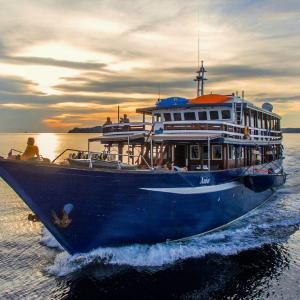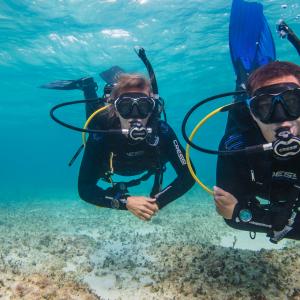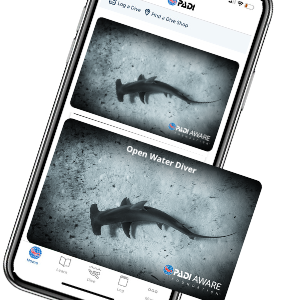
Takata Experience Dive & Research Center
2022 & 2024 PADI AWARE Grantee
TAKATA Experience and MARES Center are restoring 10,000m2 of degraded reef in Mahahual, Mexico, by transplanting over 5000 coral fragments before 2026 and assisting in the reproduction of endangered species.
As two-time grantee, TAKATA Experience and their Research Center MARES, are dedicated to marine biodiversity protection through coral restoration, ecosystem management, and community involvement. Their Coral Restoration Project focuses on restoring endangered coral species and engaging local communities to preserve vital marine ecosystems in the Mexican Caribbean. “Our project aims to restore the coral reef in Mahahual,” said Cassiopea Carrier Doneys, co-founder of TAKATA Experience and director of the MARES Center. The PADI AWARE Foundation’s Community Grant is allowing the shop to continue with the active restoration part of its project.



The team at Takata Dive & Research Centre and Mares Center in Quintana Roo, Mexico are busy restoring the coral reef in Mahahual. And, they’re using science and experience to ensure the highest chances of success.
What does this mean?
They’re growing out coral fragments to transplant two endangered species back on local reefs and assisting with reproduction of six endangered species. Doneys said, “This grant is a very important opportunity for us to continue carrying our coral restoration project with an integrated approach and will allow us to implement actions including asexual and sexual coral reproduction, environmental education, lion fish removal, herbivore reintroduction and involvement of the local community.”
Genetic diversity is a critical component in coral restoration science. Because certain genotypes may have a greater tolerance for warmer ocean temperatures, higher pollution levels, increased acidification, or any other host of potential future conditions, having a rich mix of species and genotypes of corals on the same reef helps to increase overall resiliency.
"The PADI AWARE funding is also allowing TAKATA and MARES to build more coral nurseries and some in deeper water, to increase restoration capacity, increase fragment survival and restore a bigger area," Doneys said.
The dive shop and its Marine Resilience & Sustainability (MARES) Center will measure success via the percentage of coral transplant survival. Beyond that, though, they hope to see biodiversity coming back to the reef and the local Mahahual community coming together to work towards the protection of its coastal ecosystems.
“Through the hard work of our scientists and volunteers, we hope to bring Mahahual back to one of the healthiest and most pristine reefs in the Caribbean Sea,” Doneys added. “With this project, we wish to be an example and show other communities that it is possible to actively protect and restore our coastal ecosystems and that we can do it if we work all together.”
In accomplishing this, she knows they will have played their part in ensuring the future of our oceans.
Want to see more of Takata Dive & Research Center in action?
You can follow along with Takata Dive & Research Center and the Mahahual Coral Restoration Project on their website, Instagram, Facebook, or on https://www.padi.com/aware.


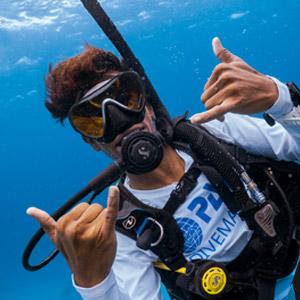

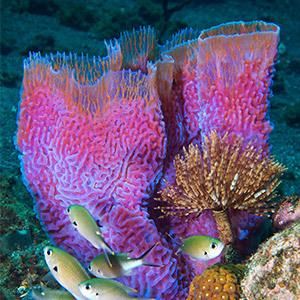


 Marine Debris
Marine Debris
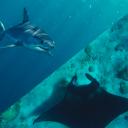 Shark & Ray Protection
Shark & Ray Protection
 Adopt The Blue
Adopt The Blue

